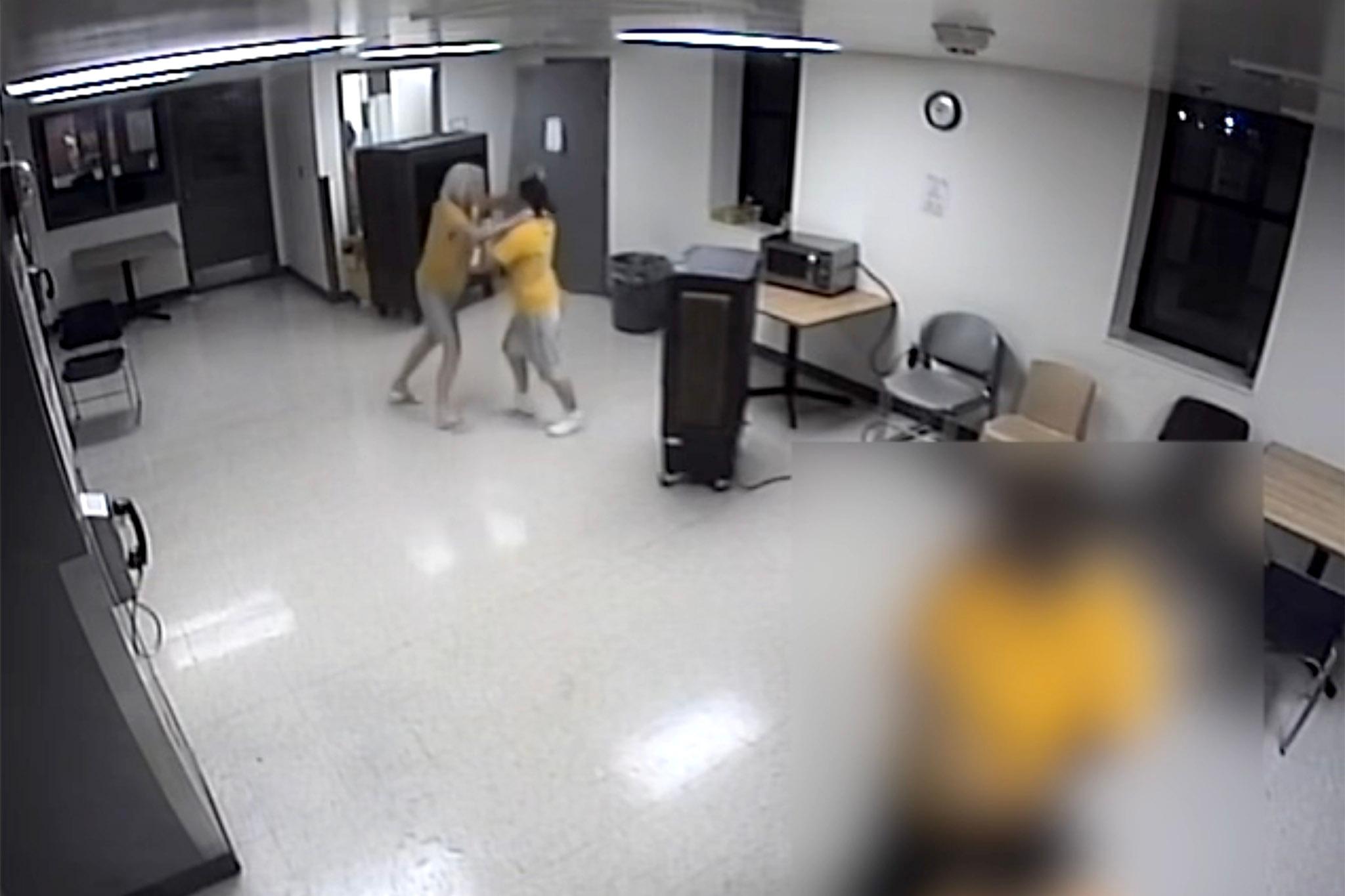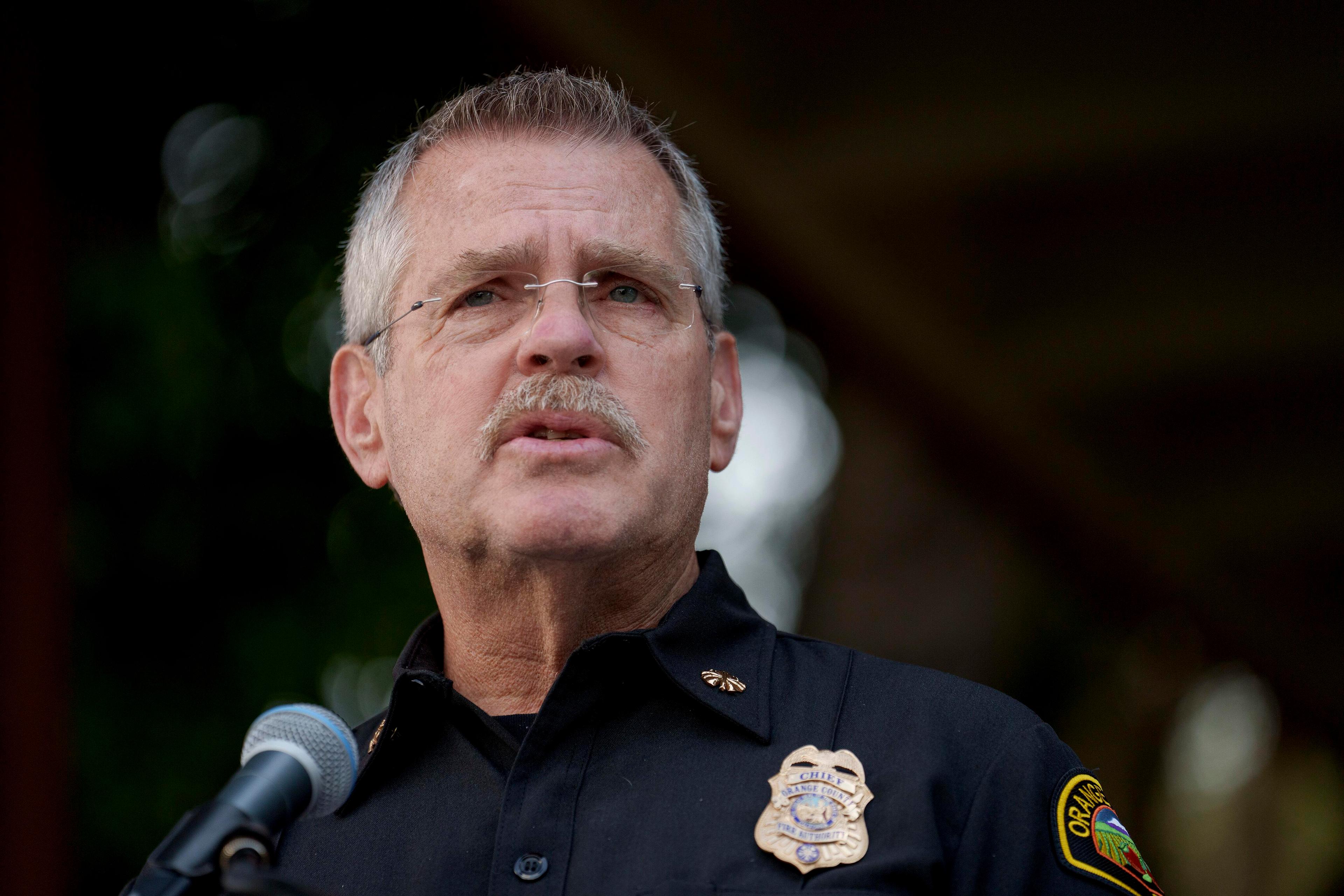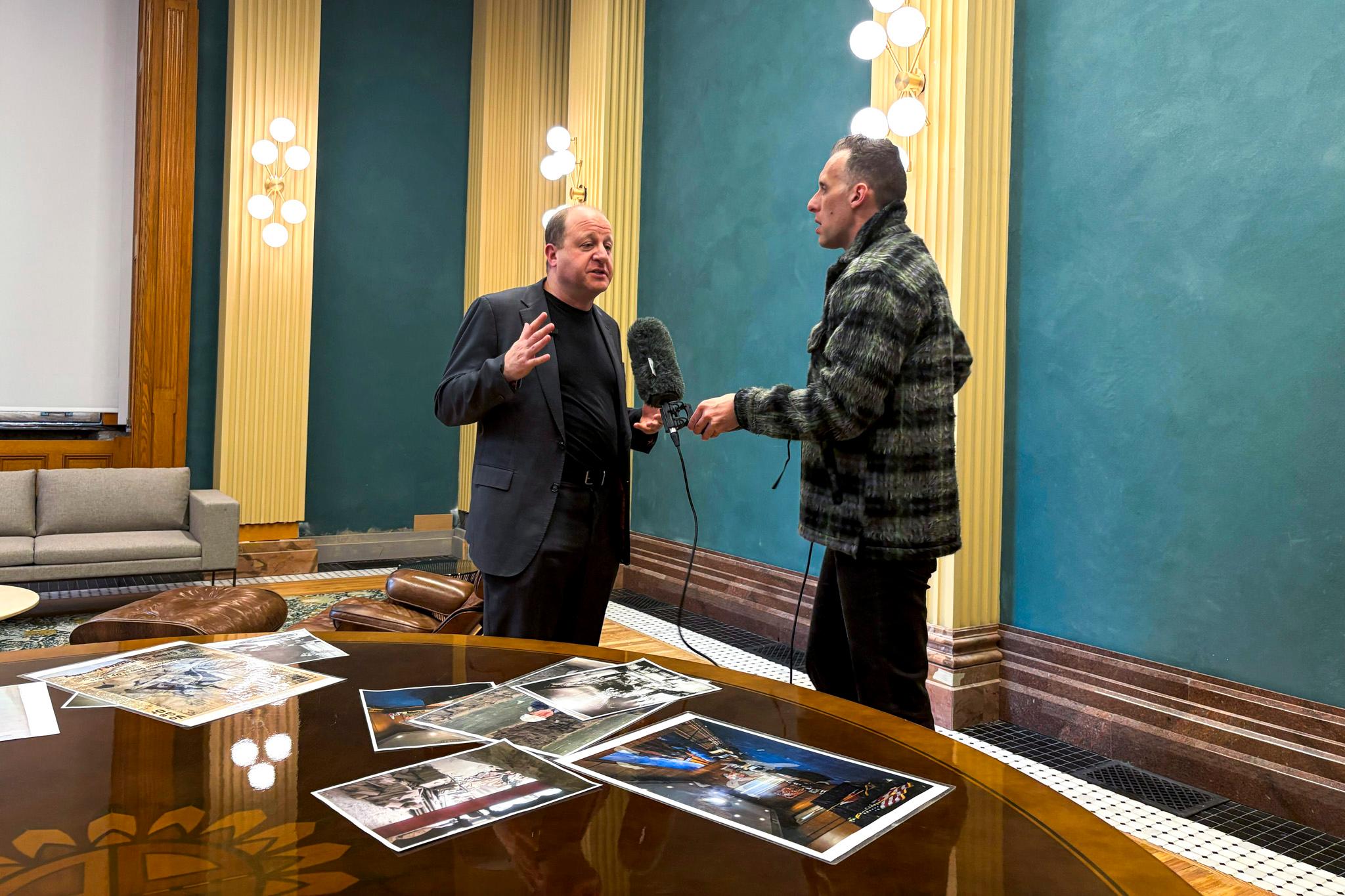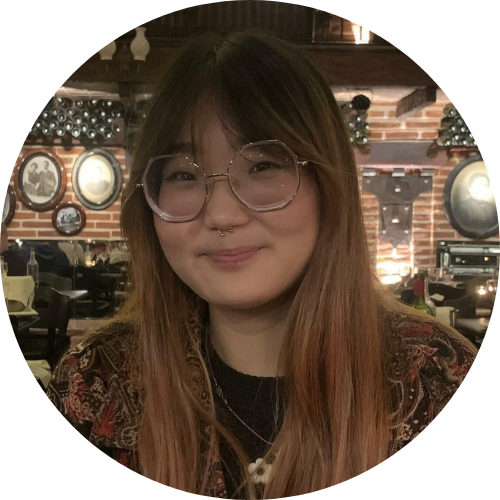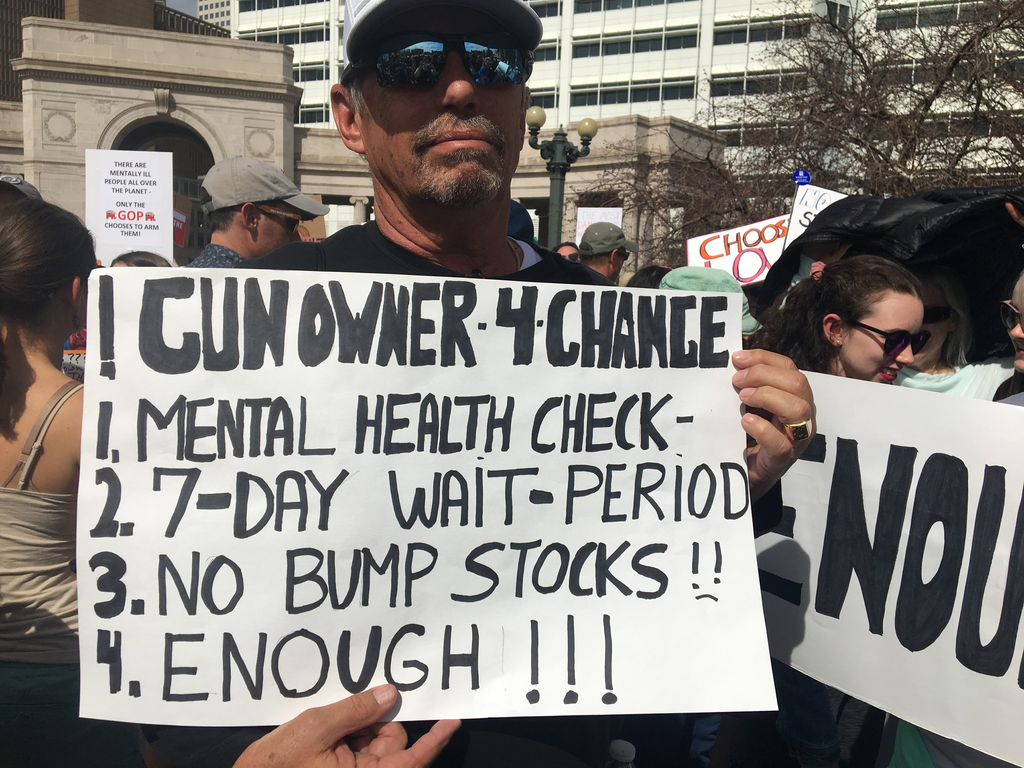
Saturday’s March for Our Lives demonstrated, many people advocate for tighter restrictions on firearms in the aftermath of mass shootings. Others point to a need for better mental health services. But two experts from the University of Colorado tell Colorado Matters that statistically, people with mental illness are no more likely to become violent than people who don't have a diagnosed mental illness.
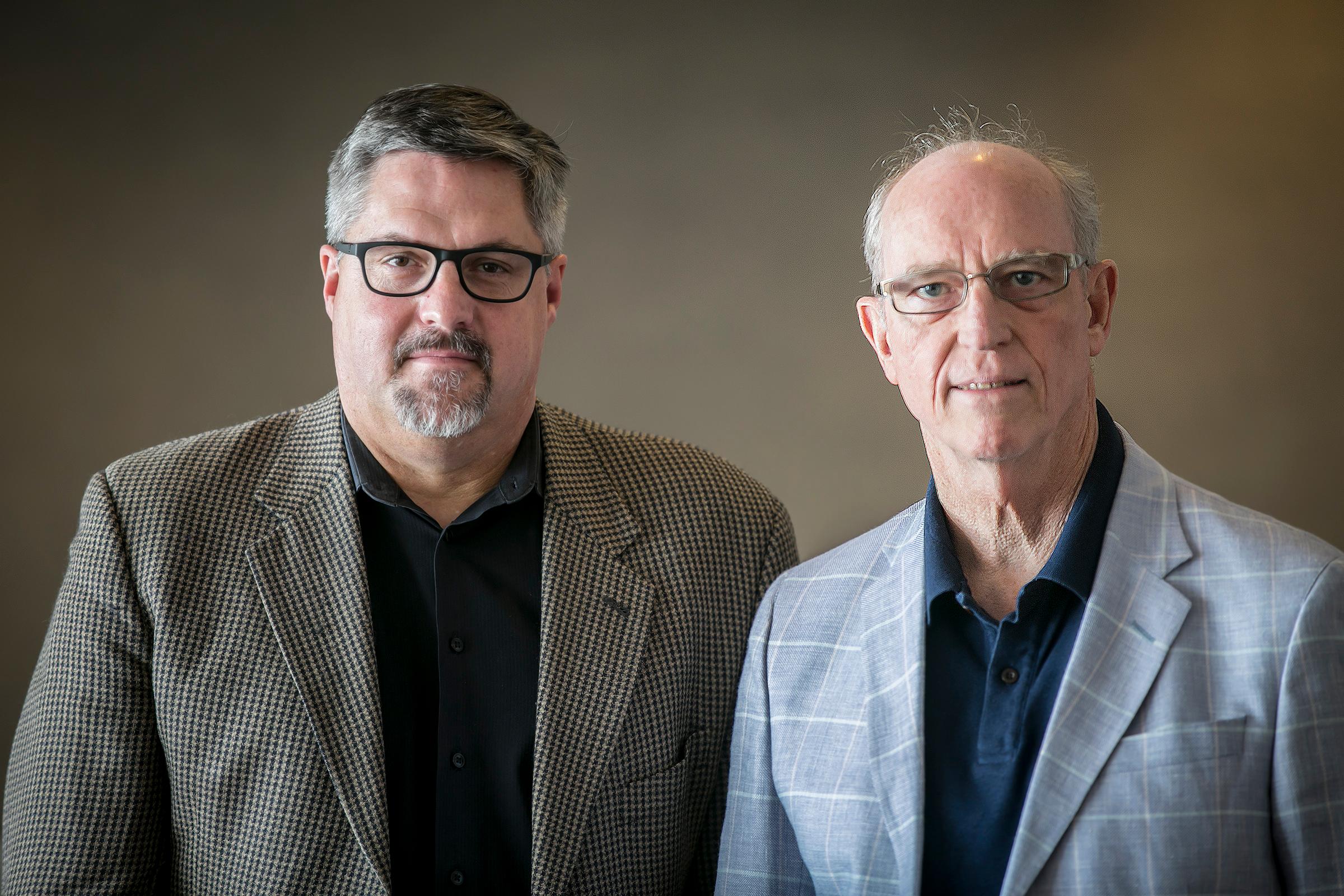
- March 25: Sights, Sounds From A Day Of Gun Violence Protests
- March 24 Live Coverage: How Colorado’s Protests Unfolded
- Before The March: CPR News Heard From All Sides
Dr. Michael Allen teaches and practices psychiatry and emergency medicine, and treats patients at the Depression Center at CU Anschutz. Dr. Jason Williams is a pediatric psychologist also associated with Children's Hospital Colorado. They addressed the challenges of finding a meaningful connection between mental illness and mass shootings, why young people become violent, and how girls and women with mental health issues are more likely to internalize struggles while men more frequently become violent.

